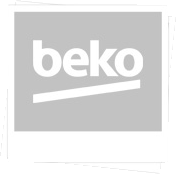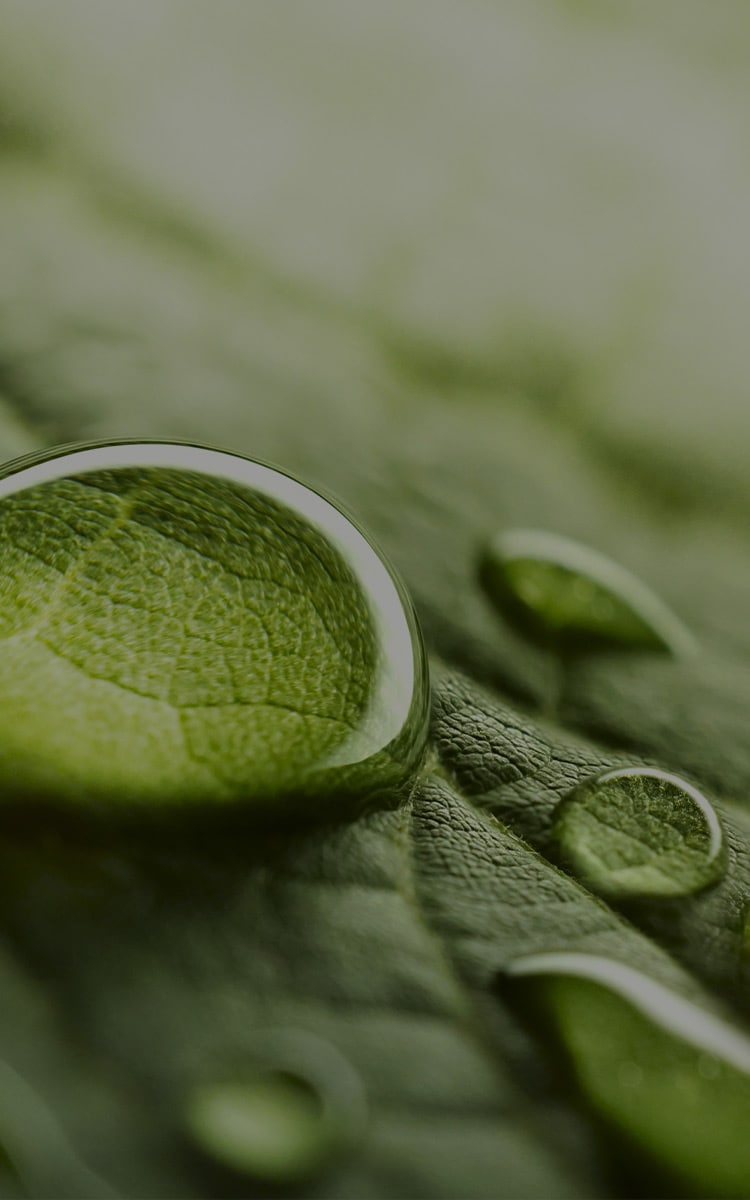Because it can be recycled and turned into new things. Like Beko BioCycle refrigerators’ egg trays...
We all generate an immense amount of waste, whether it comes from growing food and having a garden, building, and tearing down buildings, mining for materials, or working on vehicles and industrial projects. There are many kinds of refuse that we need to carefully remove in order to make sure our environment is clean, healthy and safe.
Inadequate waste management contributes to climate change and air pollution and directly affects many ecosystems and species.
Air pollution, climate change, soil, and water pollution
Landfills, considered the last place in the waste hierarchy, produce methane, a very potent greenhouse gas linked to climate change. Methane: It is caused by microorganisms present in biodegradable waste such as food, paper and garden waste in landfills. Depending on the way they are formed, landfills can also pollute the soil and water.
Waste affects ecosystems and our health
Some ecosystems, such as marine and coastal ecosystems, can be severely affected by inadequate waste management or littering. Marine litter is a growing problem, and it's not just because of aesthetics: entanglement or ingestion of waste poses a serious threat to many marine lives.
Economic loss and management cost
Waste also represents an economic loss and a burden on society. When 'wastes' are discarded, labor and other inputs (land, energy, etc.) used in extraction, production, dissemination, and consumption are also lost.
Waste as a resource
What if we could use waste as a resource, thereby reducing the demand for extracting new resources? Extracting less raw materials and using available resources helps to avoid some of the effects along the chain. In this context, unused waste also represents a potential loss.
In many countries, kitchen and garden waste makes up the largest proportion of urban solid waste. When collected separately, this type of waste can be converted into an energy source or fertilizer. Anaerobic treatment is a waste treatment method that involves subjecting biowaste to a biodegradation process similar to landfills, but under controlled conditions. Anaerobic treatment produces biogas and residual material, which can then be used as fertilizer such as compost.
Have you ever thought that kitchen waste will take the lead in your kitchen?
As Beko, we thought. Egg shell waste and sustainable bio-based plastics are used to create key components in our BioCycle refrigerators.
Our BioCycle refrigerators blend natural resources with new technology to produce more sustainable appliances and reduce greenhouse gas emissions. Egg trays are made from a combination of 20% eggshell waste and 80% bio-based plastics. Whilst, door seals and fan covers are created from bio-based plastics, sustainably derived from natural sources such as sugarcane and corn starch.
What is zero waste?
Zero Waste; it’s a target defined as a waste management philosophy that includes preventing waste, using resources more efficiently, preventing or minimizing waste generation by reviewing the causes of waste generation, and collecting and recycling waste separately at the source in case of occurrence.
How can we reduce waste?
Prefer long-lasting products that you can use many times. Build the product you need. Take small but important steps to reduce waste. Give importance to recycling.
What is Beko doing for sustainability?
Beko's innovative products reflect the brand’s sustainability mission and use recycled materials, bio-composites and detergent-saving technologies for sustainable living.





